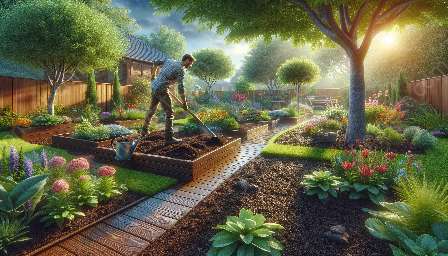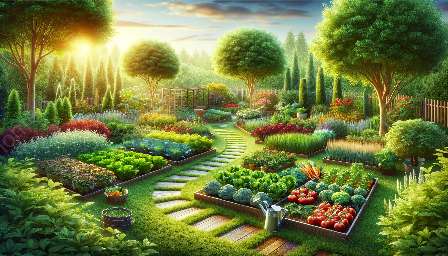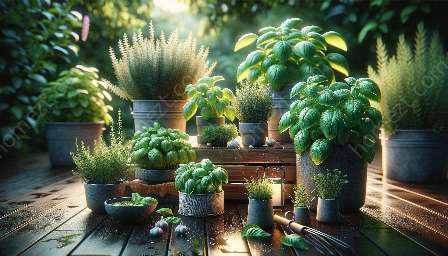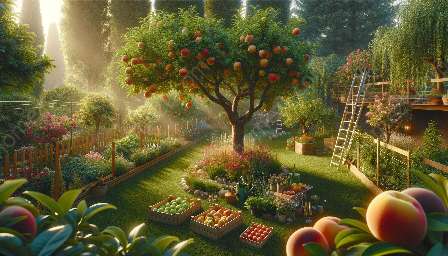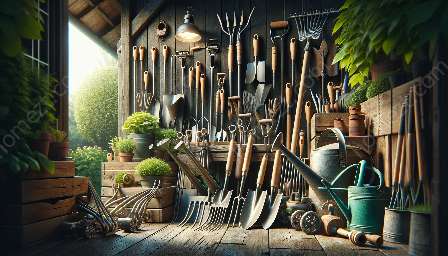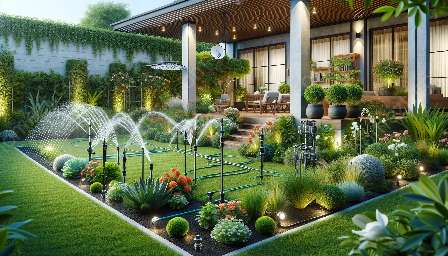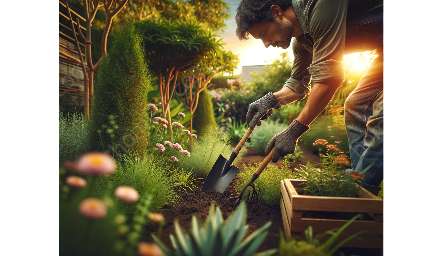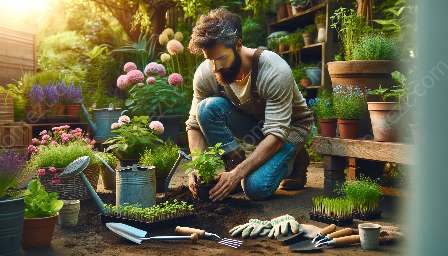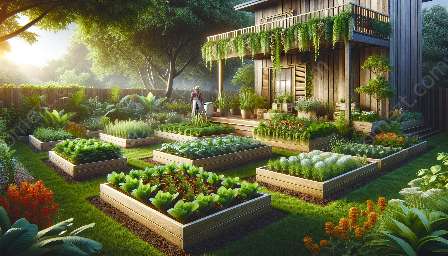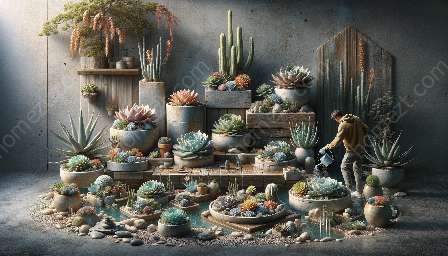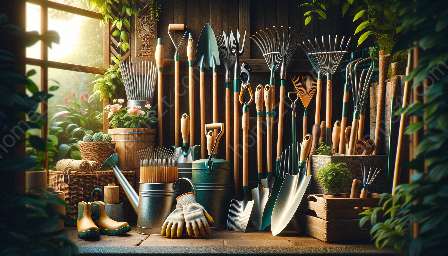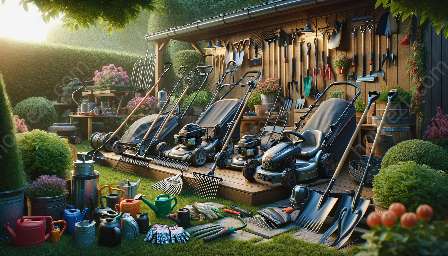Herb gardening offers a rich opportunity to connect with nature, enhance your gardening skills, and meet domestic needs. In this comprehensive guide, we will delve into the art of cultivating a thriving herb garden, exploring its benefits and practical tips.
The Benefits of Herb Gardening
Enhancing Gardens: Herb gardening complements traditional gardening, adding color, fragrance, and useful properties to your outdoor space. Herbs like lavender, thyme, and rosemary not only attract beneficial insects, but also provide ornamental value to your garden.
Culinary Delights: Fresh herbs elevate the flavors of your cooking and can be conveniently harvested from your garden, providing a sustainable and cost-effective way to enhance your culinary creations. Whether it's basil for a delightful pesto or mint for refreshing drinks, having a herb garden at your disposal can enhance your culinary experiences.
Medicinal and Aromatic Properties: Many herbs possess natural healing properties and aromatherapy benefits. Cultivating plants such as chamomile, echinacea, and lavender can provide therapeutic remedies for common ailments and promote overall well-being.
Starting Your Herb Garden
Before diving into the world of herb gardening, it's important to assess your available space, climate, and purpose for cultivating herbs. Consider whether you're interested in culinary herbs, medicinal plants, or both, as this will influence the types of herbs you should grow.
Choosing the Right Herbs
Culinary Herbs: Some popular culinary herbs include basil, cilantro, parsley, thyme, and rosemary. These versatile and flavorsome herbs are ideal for enhancing your cooking.
Medicinal Herbs: If you're interested in the healing properties of herbs, consider cultivating plants like chamomile, echinacea, and peppermint. These herbs can be used for teas, infusions, and natural remedies.
Planning Your Garden
Once you've selected the herbs you'd like to grow, plan the layout of your garden considering the growth habits and spacing requirements of each herb. Take note of their sunlight and water needs to ensure proper placement and care.
Preparing the Soil
Well-draining soil with good fertility is essential for healthy herb growth. Consider enriching your soil with organic matter and ensuring proper drainage to create an optimal growing environment for your herbs.
Caring for Your Herb Garden
Regular maintenance is crucial for sustaining a flourishing herb garden. Ensure your herbs receive adequate watering, sunlight, and nutrients to support healthy growth and robust flavors. Harvesting herbs regularly also promotes continuous growth and prevents overcrowding.
Harvesting Herbs
Timing: Harvest herbs in the morning, after the dew has dried, for the best flavor and potency. Avoid over-harvesting by allowing plants to develop their foliage before gathering leaves or stems.
Techniques: Use sharp garden scissors or shears to trim herbs, and harvest larger leaves individually. Store harvested herbs in a cool, dry place, away from direct sunlight, to maintain their freshness.
Conclusion
Embark on your herb gardening journey and experience the joy of cultivating nature's bounty. Whether it's enhancing your garden, elevating your culinary creations, or reaping the benefits of medicinal herbs, herb gardening offers an enriching and sustainable way to embrace nature and meet domestic needs.













